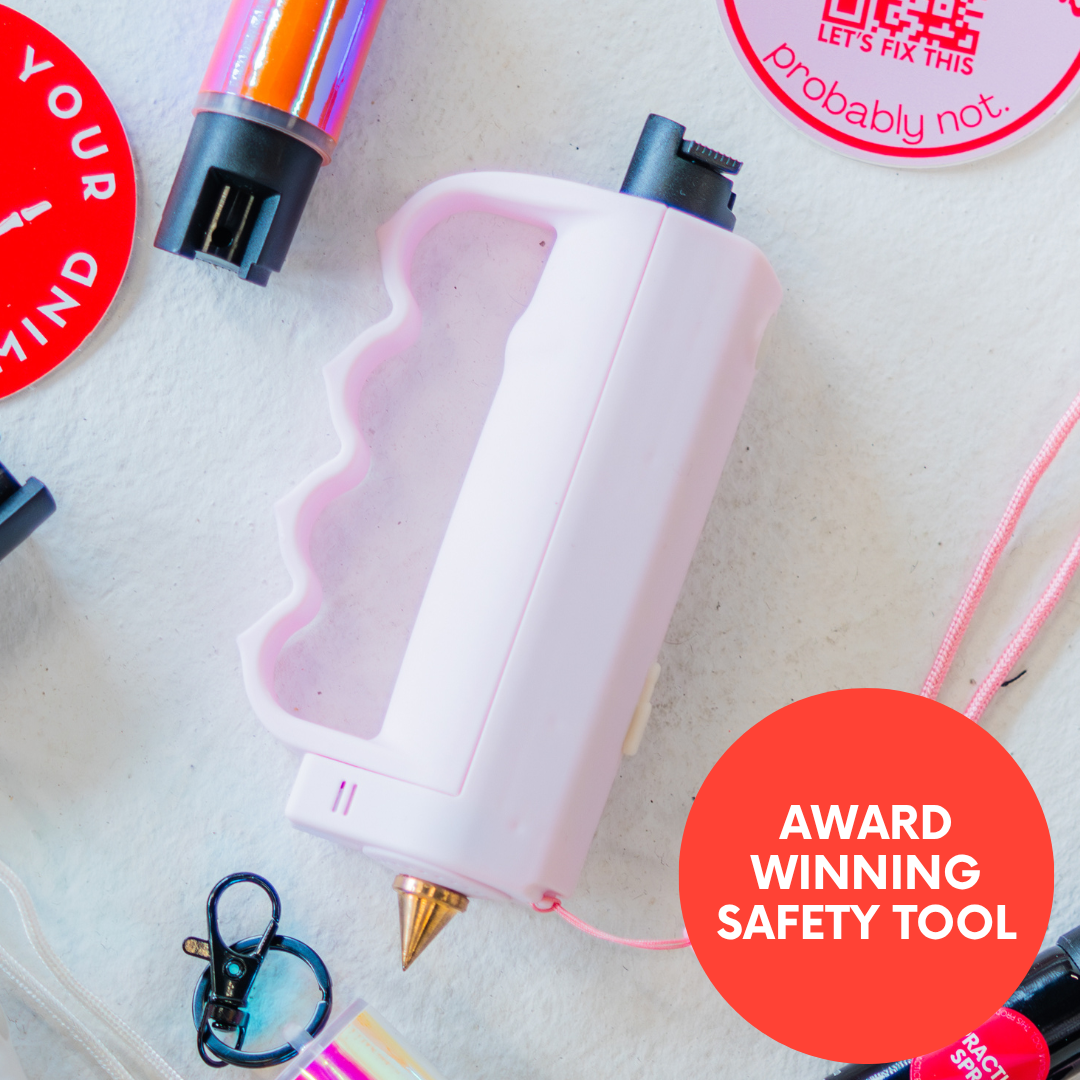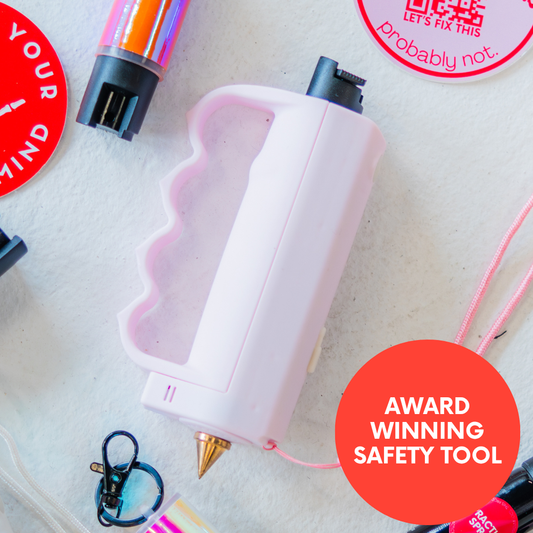As individuals, we are always exposed to different situations, both familiar and unfamiliar.
In some circumstances, it becomes necessary to act urgently, and our ability to make decisions quickly can determine the outcome of these situations.
This is where situational awareness comes in – the ability to perceive, process, and assess the situation at hand. It is crucial in various situations, such as emergencies, security, and daily life.
In this blog post, we will delve into what situational awareness is and why it is important.
What is Situational Awareness?
Situational awareness (SA) involves a conscious effort to observe and understand one's surroundings fully.
It entails taking note of environmental factors, identifying potential hazards, and assessing risks.
There are three levels of situational awareness:
- Level 1: Perception of immediate surroundings
- Level 2: Interpretation of the situation
- Level 3: Emotional state and anticipation of future developments
Why Is Situational Awareness Important?
Situational awareness helps individuals to respond appropriately to different situations.
This skill is crucial in high-risk environments such as aviation, maritime, military, and law enforcement, where a poor decision can lead to dire consequences.
As an individual, being aware of your environment can also help you in everyday situations. For instance, you can anticipate and avoid road hazards while driving or make informed decisions in social gatherings.
How to Improve Situational Awareness
Situational awareness is a skill that can be improved. Here are some ways to improve SA:
- Keep your head on a swivel. Constantly scan your surroundings and take note of what's happening around you. Being observant can help you identify potential hazards and stay ahead of potential threats.
- Use all your senses. Take note of sights, sounds, and smells in your surrounding environment. Your senses can provide you with critical information about what's happening around you.
- Learn to anticipate. After interpreting the situation, try to anticipate what could happen next and take measures to prepare for any potential risks.
- Practice relaxation techniques. High-stress situations can lead to tunnel vision, which can limit your perception of the environment. To overcome this, practice relaxation techniques, such as deep breathing or meditation, to help keep you calm and focused.
Situational Awareness in the Workplace
Situational awareness is essential in the workplace, and employers often provide training to their employees to improve this skill.
Employees who practice SA are more likely to recognize hazards and report near-misses, which can prevent accidents and reduce workplace injuries.
By creating a culture of situational awareness in the workplace, employers can create a safer work environment.
Final Thoughts
Situational awareness is an essential skill that benefits individuals in different aspects of life.
Whether in emergencies, social gatherings, or the workplace, being aware of one's surroundings can help individuals make informed decisions and stay safe.
By practicing situational awareness, individuals can improve their perception and assessment of their environment and respond appropriately to any potential risks.
Remember: always keep your head on a swivel, use all your senses, anticipate, and practice relaxation techniques to improve your situational awareness skills.






